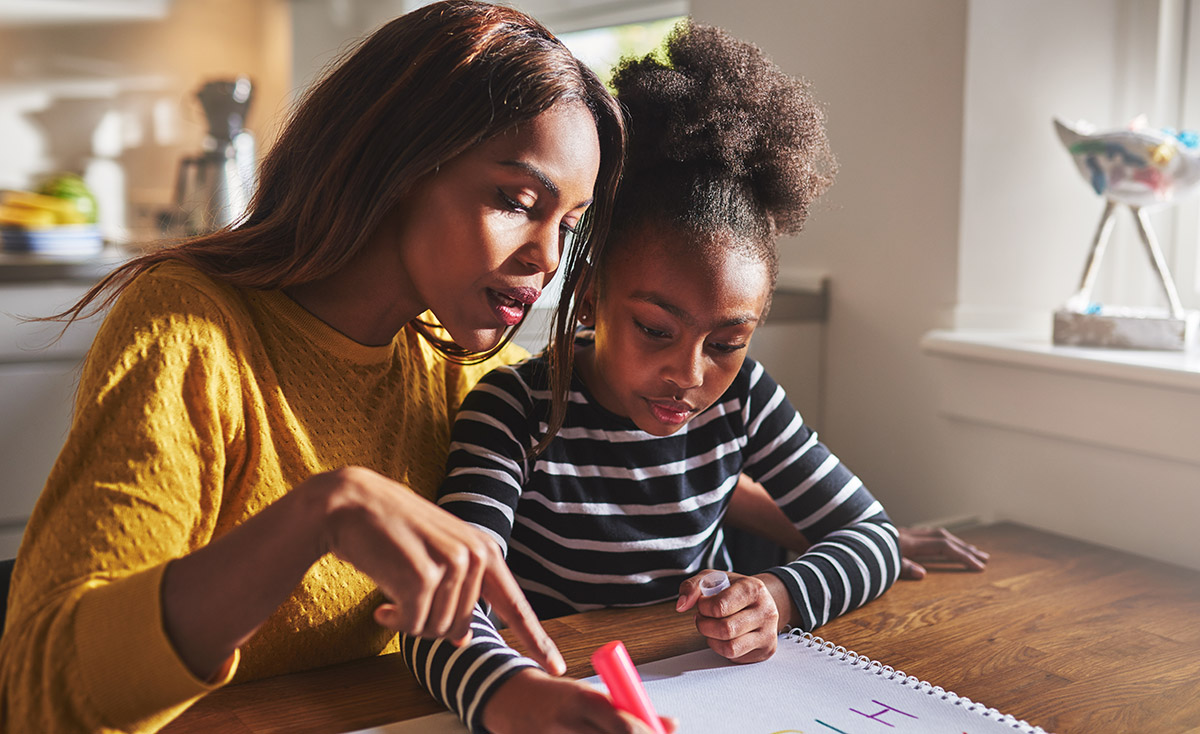
When was the last time you read a story with your kids?
What were they doing?
Were they following along, wrapped in attention and looking up at you adoringly?
That feeling is the reason why we read to our children. There is something so special about that bonding time. In fact, that feeling is what birthed the idea for our personalized video books for children.
At Whimsifull, we are committed to literacy development that starts at home and we’ve taken story-time to the next level with our unique and personalized video stories that make your kids the star of the show!
Reading with your kids rather than reading to your kids is powerful, and our videos allow you to do just that–read with them. Not only does it create a wonderful bond, but we have developed a tool that builds young minds and imaginations in a way that makes reading fun.
In this post, we’ll dig into the seven key benefits of reading out loud with your kids:
1. Vocabulary development
Scout. Sprout. Throughout.
Kids learn new words through reading. But more importantly, they learn how the words sound and the different contexts they fit into.
It’s also far easier for kids to listen to language at a higher level than they can read. That’s why reading out loud makes complex ideas more accessible and exposes kids to vocabulary and language patterns that are not part of their everyday speech.
New words lead to new ways of seeing and making meaning of the world: a vital skill for growing minds.
Take it from the experts:
“Gains in oral vocabulary development predict growth in comprehension and later reading performance” (Elleman, Lindo, & Compton, 2009; cited by Neuman & Taylor, 2013).
And…
“Vocabulary, in particular, is very highly correlated with reading comprehension in the upper elementary years.” (Duke & Carlisle, 2011; Baumann, 2009; Wagner, Muse & Tannenbaum, 2007).

2. Improves language development
It has been said that kids’ brains are sponges; they soak everything up. As your kids listen to you read out loud, they are inadvertently taking in and developing their language skills.
Without exposure to reading out loud, some kids take longer to develop the correct pronunciation, word usage and grammatical skills. But when kids befriend language, they are far quicker to instinctively grasp the nuances of correct sentence structure.
These skills eventually transfer to their reading and writing. Additionally, they are more likely to use better grammar when they speak.
3. Connects spoken and written language
To create connections and strengthen the neural pathways that unlock the skill of reading, kids need to see and hear words at the same time.
When you read out loud and point each word out with your finger, verbal and written language start to connect.
And in our case, you don’t even need to point it out because our app highlights each word as it’s spoken by our professional voice actress.
4. Strengthens imagination
A dirty dish cloth. A cardboard box. To adults these are practical objects. But to kids, they are a superhero cape, a fort, a firetruck, and a fox.
Fostering your kids’ imagination is key when developing the emotional, social, and lingual problem-solving abilities they’ll need as adults. And one of the best ways to do that is through reading.
Children who read with their parents are better at creating stories from their own imaginations. Kids visualize the events held within stories and are able to experience events and situations that are outside of their world.
With our personalized video story books, where your kid is the star, there is an even stronger experience and personalizes the imagination, allowing them to make a deeper connection to the reading.

5. Builds comprehension skills
Reading a story out loud and discussing it with your kids as you read helps to grow their understanding and create context for the story. Doing so improves their problem-solving abilities, general knowledge, and ability to predict situations.
Reading out loud also gives you the opportunity to emphasize important character traits and grow your kids’ sense of empathy by giving them greater insight into the characters’ motives.
In our Ocean Adventure story, for example, we encourage the connections to be built with dialogue like: “Look at that wise old sea turtle and how kind the boat captain is. Did anyone at school say something clever today?
How can you be kind like the captain?”
6. Models fluent reading
As parents, we model our behaviour all the time. This is especially true when reading out loud.
● Tone and pacing
● Pausing at commas and periods
● Changing the inflection of your voice for questions and exclamations
These are all a big deal because they teach kids how to read stories for maximum impact and comprehension, both out loud and in their head.
7. Improves long-term reading success
Decades of research show that reading aloud to kids is key to their long-term reading success.
According to a meta study of over 10,000 studies by the U.S. Department of Education (Hiebert, Scott & Wilkinson, 1985), kids who are read to have better vocabularies, write well, and do well, overall, in school.
Moreover, fostering a love for reading and stories means they’re more likely to keep reading on their own.


